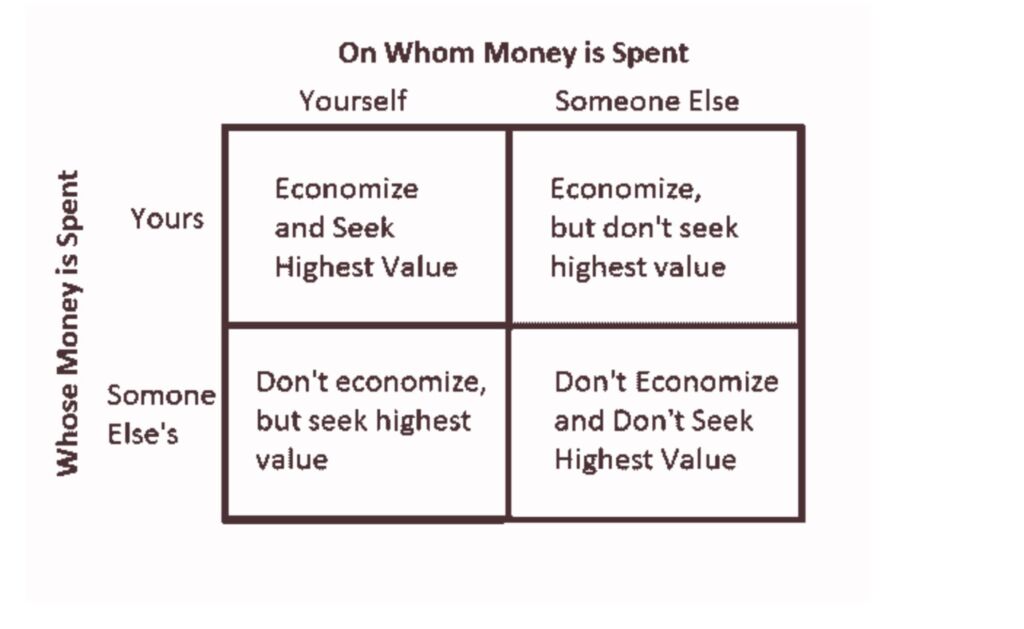Rampant COVID-19 fraud points to a bigger problem with government spending
According to the US Department of Labor’s Office of the Inspector General (OIG), about $46 billion in pandemic unemployment benefits might have been paid to fraudsters.
Initially, the OIG estimated that only $5 billion of unemployment payments were lost to fraud. But in June 2021, that number was revised up to $17 billion. But apparently, things were worse than that, so nearly $50 billion was likely paid to fraudsters.
And in another recently released report, which was focused on four states — California, Georgia, Kentucky, and Michigan — the OIG found that of the total $71.7 billion in pandemic unemployment benefits paid in those four states, an estimated $30.4 billion or 42.4 percent, were improperly paid. And, 9.9 billion, which is more than 10 percent, was likely paid to fraudsters.
This type of Fraud has, unfortunately, not been exclusive to unemployment payments. The Paycheck Protection Program (PPP) also made billions of dollars in payments to likely fraudsters. And even here in our home state of Minnesota, nearly $250 million has been stolen through Feeding our Future — a low-income food program — during the pandemic.
Why so much fraud?
Due to the emergency, the government had to get money out to individuals and businesses quickly. For that reason, there wasn’t a lot of time for enough due diligence to ensure that the money got to the right people.
In the case of unemployment benefits, states expanded eligibility rules, opening up the program to people that do not normally qualify for unemployment benefits, like self-employed workers. And for other programs like feeding our future, some oversight rules were suspended or weakened due to the pandemic. So, it is not too shocking that some improper payments were made.
Nature of the government is also to blame
But issues of waste and fraud with government funds have existed even before the pandemic for many programs. In the 2010 fiscal year, for example, the Center for Medicare and Medicaid Services (CMS) handed out an estimated $48 billion in improper payments.
And even in instances where government programs are immune to fraud, it does not always mean that those funds are spent responsibly. A lot of government spending goes to frivolous or ineffective projects, and in some cases, it is not managed properly. Take, for example, commercial flight tickets totaling $100 million that the Department of Defense bought between 1997 and 2003 and never used, or the $25 billion in government spending that could not be accounted for in 2003.
But why is there so much waste with government spending? As Milton Friedman explained, there are four types of spending.
- You can spend your own money on yourself
- You can spend your own money on someone else
- You can spend someone else’s money on yourself
- You can spend someone else’s money on someone else
When you are spending your own money on yourself, you have a vested interest. You want to get the most for your dollar, and you want to make sure there is no waste.
The government does not spend its own money, however. And a lot of times, it does not spend on itself, but rather on other people. So, it engages in the fourth type of spending; spending someone else’s money on someone else.

The government has no vested interest in taxpayer money. Consequently, it has little incentive to see that the money is spent responsibly.
So, while the timing and nature of these pandemic programs made fraud much more widespread, it is also likely that this is yet just another case of the government revealing its dysfunctional and wasteful nature.